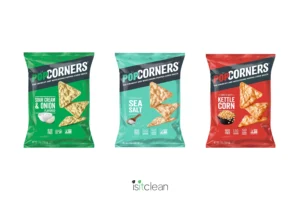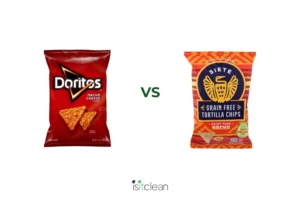
Acesulfame potassium is a zero-calorie sweetener that is added to many sugar-free…



Whey protein is a high-quality protein derived from whey, the liquid remaining after milk has been curdled and strained. To produce whey protein as a food additive, the whey undergoes a series of processing steps, including pasteurization, filtration, and drying. These processes concentrate the protein content and remove most of the lactose, fat, and other impurities, resulting in a powdered form of whey protein that is rich in essential amino acids. It is commonly utilized as a dietary supplement and functional food ingredient, particularly in sports nutrition products, protein bars, and meal replacements. Its versatility and nutritional benefits have made it a popular choice for individuals seeking to increase their protein intake and support muscle recovery and growth.

Whey protein has been associated with various health benefits, including improving body composition and building muscle mass. Whey protein is a complete protein, as it contains all 9 essential amino acids. However, some research suggests that overuse of whey protein may be associated with adverse health effects, including negatively affecting kidney and liver function. While dairy products have controversially been implicated in causing inflammation in some research, other research demonstrates that it may either not impact inflammation or may even help reduce it. However, whey protein commonly does not come from organic sources unless specified, and non-organic dairy production is harmful to the environment and the cows, and can negatively impact dairy quality.
Health is like a bank account, certain ingredients make a deposit into your health bank, meaning they add to
your health. Certain ingredients withdraw from your health bank. We want health promoting ingredients in our diet. To keep things simple, we rate ingredients on a green, yellow, red scale:

It is naturally occurring in food and has no harmful effects on the body. It is real food. It is health promoting.

It goes into one or more of the below categories

It is known to have a harmful effect on the body (ex. All food colorings, Natural Flavors, MSG, Potassium bromate, aspartame, artificial flavors)



The Food Showdown: Popcorners flavors
Ingredient Rating: Canola oil – is it bad for you?
Clean Consuming: Nourishment for your

We have accomplished so much in just 1 year since our launch in March of 2023! We now have 10,000

The Nacho Chip Food Showdown, is Tapioca Starch safe in food? and a must-see documentary on America’s food system.
Stay in the know with the latest ratings, articles, and our newsletter, The Dirt.